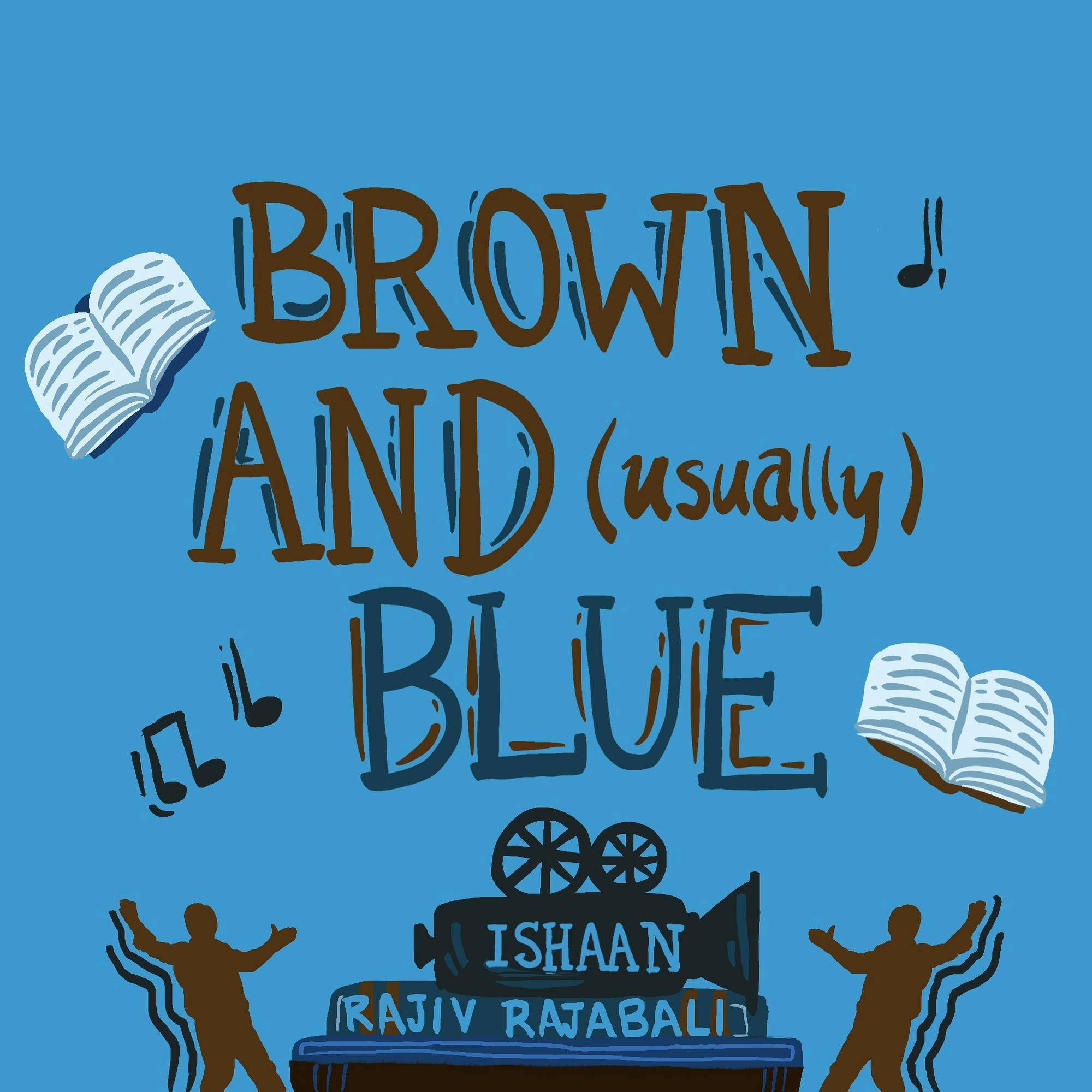“Every day, 14 to 15 million Indians go to the movies. India produces between 1,500 and 2,000 films a year — more than any country in the world.” The first section of Fatima Bhutto’s book, “New Kings of the World: Dispatches from Bollywood, Dizi, and K-Pop” (2019), dives right into an astute analysis of Bollywood, one of its three subjects. The fact that the Hindi film industry brought in a whopping $1.3 billion in 2023 only affirms the global scope and influence Bhutto examines in her book.
Bollywood has enjoyed an international viewership since the 1950s, when pioneering director Raj Kapoor’s “Awaara” (1951), in English “The Vagabond,” captured the attention of audiences across the world, from Romania to Afghanistan. Remade 8 times in Turkey, the film’s socialist themes helped establish a long-standing acceptance of Bollywood in Eastern Europe. In the annals of my camera roll exists a video of a shopkeeper my family encountered on a holiday in 2019 in Bukhara, Uzbekistan. On finding out that we were from India, she excitedly burst into song, crooning a number from the Raj Kapoor film “Sangam” (1964), in English “Confluence”.
But Bhutto goes beyond regular discourse about songs, statistics and spectacle. By tracing Bollywood’s almost intrinsic relationship with politics, she provides readers (even those unfamiliar with the history of Hindi cinema) with an insightful understanding of the evolution of some key thematic elements in Hindi films. Discussing culture, diaspora and secularism, she delves into the public’s perception of the film industry, and how it in turn drives sociopolitical discourse.
Bhutto complements her larger analysis of Bollywood by examining the celebrity of its “Baadshah,” informally translated as “king”: Shah Rukh Khan. Known for his onscreen romantic persona, complete with a signature smile and outstretched arms, SRK, as he is popularly known, is considered to be one of the most successful movie stars in the world. Since breaking out on the scene in 1993, Khan has dominated hearts, fantasies and the box office, delivering smash hit after hit. His fandom remains intact even 30 years later — in 2023, the year that saw audiences return to the theaters, three of his films featured in the top 10 highest-grossing Hindi films of the year, two of which occupied the top two spots.
In her book, Bhutto spends a day shadowing this eternal hero in Dubai and explores his global reach through a poignant personal account of her experience with his fan clubs in Peru. “Straddling both India’s ways of being, today Khan is a lonely figure,” Bhutto concludes. “In his films, he was the bridge between socialist India, as it moved toward its hyper-capitalistic future, and a guide to how one could be modern but still principled and traditional in neoliberal India.” As she describes the crowds that swell around his Dubai set to catch a glimpse of the star; his ardent Peruvian fans who see him as a standard, idol and even savior; and his humble, mildly self-deprecating style, one cannot help but marvel at the symbolism of Khan. I know I did, as both a film buff and a fan. And I haven’t even gotten into dizi, the Turkish TV show sensation, or K-pop yet!
The only shortcoming of the book is its length. At 206 pages, it offers an insightful, yet surface-level exploration of three major cultural exports from the Global East. It is a good introduction for those looking for a concise window into its subject matter — take it as a springboard.
Ultimately, “New Kings of the World” is about the significant challenges these phenomena present to the dominance of American pop culture. Dizis have dazzled audiences worldwide, “propelled purely by the righteous power of values.” The K-pop band BTS’ fandom, including more than 75 million YouTube subscribers, is counting down the days till its members finish their mandatory military service in the South Korean army. Bhutto lays the groundwork for extended discussions about the widespread success of these phenomena and what the upcoming years will look like. How has the dizi’s unique blend of tradition and modernity helped its success? How has K-pop redefined the way stardom is marketed? And if you really want to chat about Bollywood, this brown and (usually) blue Jumbo is always happy to wax eloquent!






